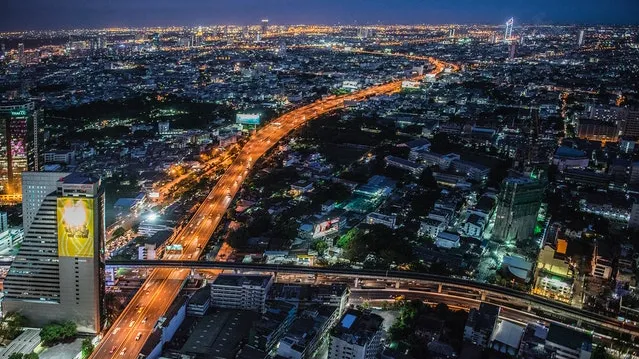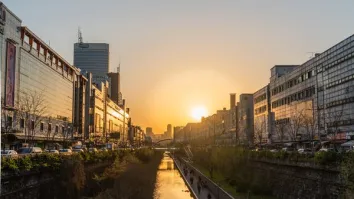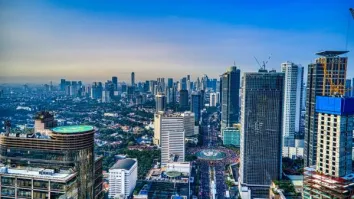
Which area in Thailand recorded the highest land price growth?
The ongoing industrial expansion drove the price increases.
According to the Real Estate Information Center (REIC), land prices in the Eastern Economic Corridor (EEC) continued to rise, reflecting strong demand in Thailand’s key economic zone, which covers Chonburi, Rayong, and Chachoengsao.
In a recent report by Savills, the vacant land price index in the EEC reached 323.9 points in Q4/2024, marking a 26.4% YoY increase and a 9.1% QoQ rise — significantly outpacing pre-pandemic growth rates (2015–2019 average of 14% per quarter).
“This surge is attributed to ongoing industrial expansion, infrastructure upgrades, and increasing demand for real estate to accommodate Thai and foreign workers.”
Here’s more from Savills:
Chonburi recorded the highest land price growth, with an index value of 447.6 points, up 47.8% YoY and 19.7% QoQ. This was primarily driven by rising Chinese investment, as manufacturers relocated production bases to Thailand, and by government-private sector collaboration in establishing a Government All-Service Center at Amata City Chonburi Industrial Estate, streamlining investor licensing processes.
Rayong followed with an index value of 203.6 points, increasing 1.4% YoY and 5.5% QoQ, supported by expansion in petrochemical and automotive industries. Chachoengsao’s index stood at 197.7 points, growing 1.4% YoY but slightly declining by 0.2% QoQ due to short-term market fluctuations.
While Q1/2025 recorded only a few major transactions, a key highlight was Nextronics Engineering, owner of the Nextron brand, acquiring 19,041.32 sq m of land from Asia Industrial Estate for THB128 million (US$3.76 million). Strategically located near both of Bangkok’s international airports, the site offers excellent connectivity to the capital, major seaports, and the EEC, further enhancing its appeal as a prime hub for logistics and manufacturing.
Despite ongoing global uncertainties, Thailand’s industrial real estate sector remains resilient, bolstered by government policies, infrastructure development, and rising foreign investment. These factors continue to support longterm market expansion, reinforcing Thailand’s position as a key player in the regional real estate landscape.



















 Advertise
Advertise





